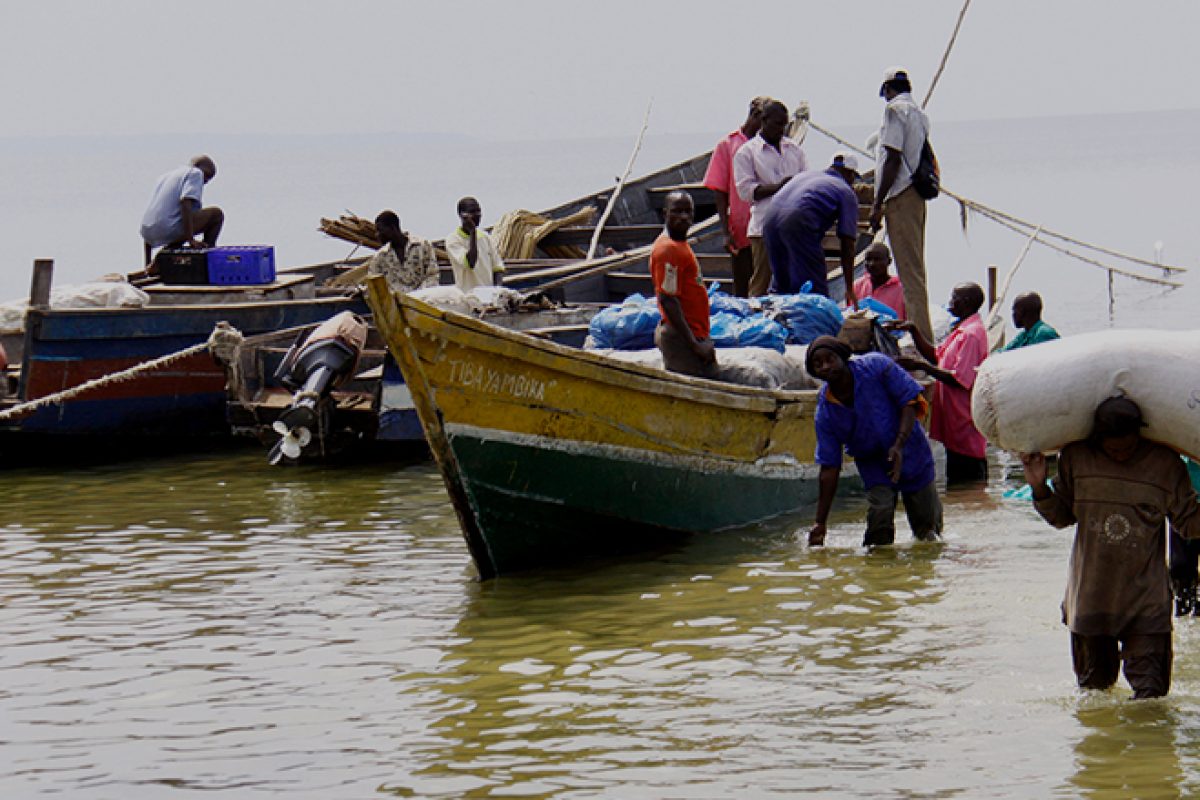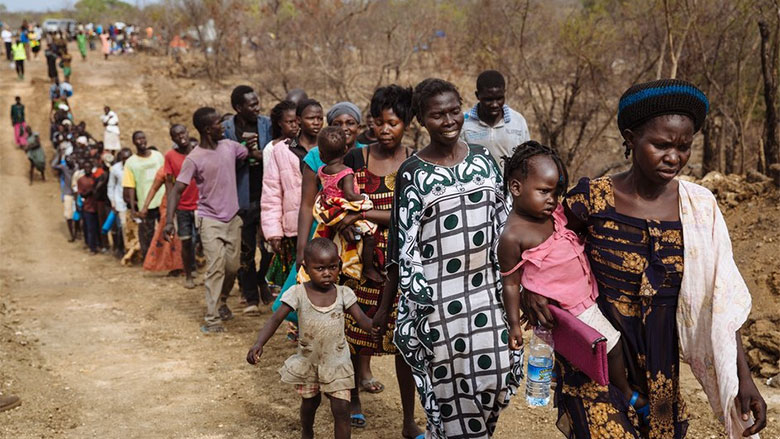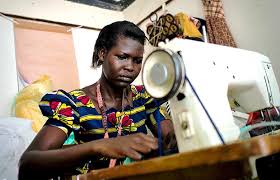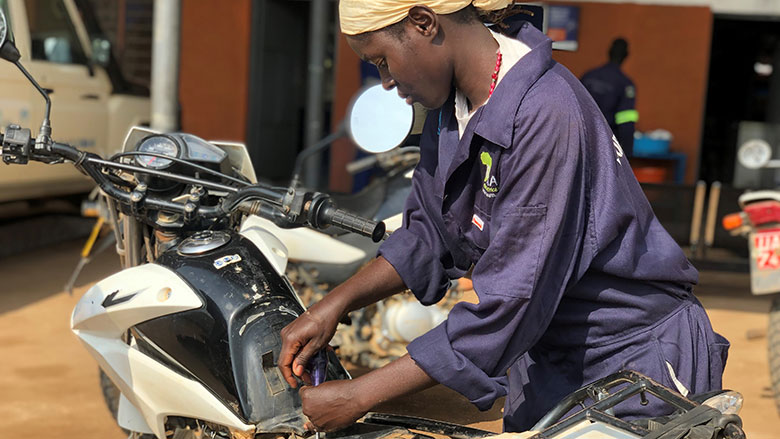Uganda’s forests are the backbone of a strong nature-based tourism industry and are some of the most bio-diverse in Africa. These forests serve as a carbon sink, protecting the watersheds critical for livelihoods and jobs. But these forests are threatened. The rate of forest loss in Uganda, at 2.6% annually, is among the highest in the world. Recent estimates put the overall cost of environmental degradation equivalent to 17% of gross domestic product (GDP).
Realizing that the depletion of renewable natural resources represents a constraint to sustainable growth and poverty reduction, Uganda’s leaders recently joined the World Bank-led Wealth Accounting and the Valuation of Ecosystems Services (WAVES) partnership. With WAVES support, Uganda will be able to build a system to quantify the value of its natural resources using the United Nation’s global standard for the methodology for Natural Capital Accounting (NCA). The priority will be better information on forests and wetlands, which will help the country monitor progress toward the Sustainable Development Goals. The NCA will also integrate information on natural resources into broader discussion on Uganda’s planning.
“The government recognizes the importance of building statistical systems that support better management of our natural resources,” said Keith Muhakanizi, the Permanent Secretary and Secretary to the Treasury at the launch of Uganda WAVES on October 30, 2018. “The future of growth of Uganda will depend on sound management of our natural capital and we need to establish a credible set of natural accounts if we are to do that.” This information, Muhakanizi said, will also be used to prepare Uganda’s Third National Development Plan.
Natural capital is wealth
According to a 2018 World Bank report The Changing Wealth of Nations, close to one-third of wealth in low-income countries such as Uganda comes from natural capital. Agriculture is key, which underscores the importance of sustainable resource management. A reliance on rain-fed agriculture, in the face of climate change, poses a risk to growth, incomes and exports. Forest loss, land degradation, soil fertility loss, wetland reclamation, and fisheries declines are all major issues.
With WAVES’ help, the government of Uganda can use NCA to address vital questions. For example, NCA for forests and wetlands can be used to identify the natural assets and ecosystem benefits that contribute to the national economy, identify users of forests and wetlands and examine how other sectors in the economy affect Uganda’s natural asset base.
Currently, information on natural capital is often produced by different agencies without any coordination. An accounting system that harmonizes and integrates it in the national system is being seen as valuable.
Tony Thompson, World Bank Country Manager for Uganda, welcomed the government’s commitment to go beyond the conventional macroeconomic indicators like GDP and look at natural and human capital investments.
“For a country like Uganda, most of its wealth is made up of its natural capital,” Thompson said. “But you need to invest in human capital while protecting natural capital, so that you are passing on a richer legacy for the next generation.”
The WAVES Uganda program will build capacity, promote learning and support analysis and valuation of natural assets and ecosystem services. “Natural capital accounting is a tool that is useful for enabling governments to transition towards inclusive and green growth,” said Ross Hughes, World Bank Senior Natural Resources Specialist and task team leader. “Lessons and experience from other countries will help Uganda in this journey.”
Launched in 2010, WAVES brings together UN agencies, governments, international institutes, nongovernmental organizations and academics to mainstream natural capital accounting into development planning processes and economic accounts of government based on internationally-agreed standards.






























